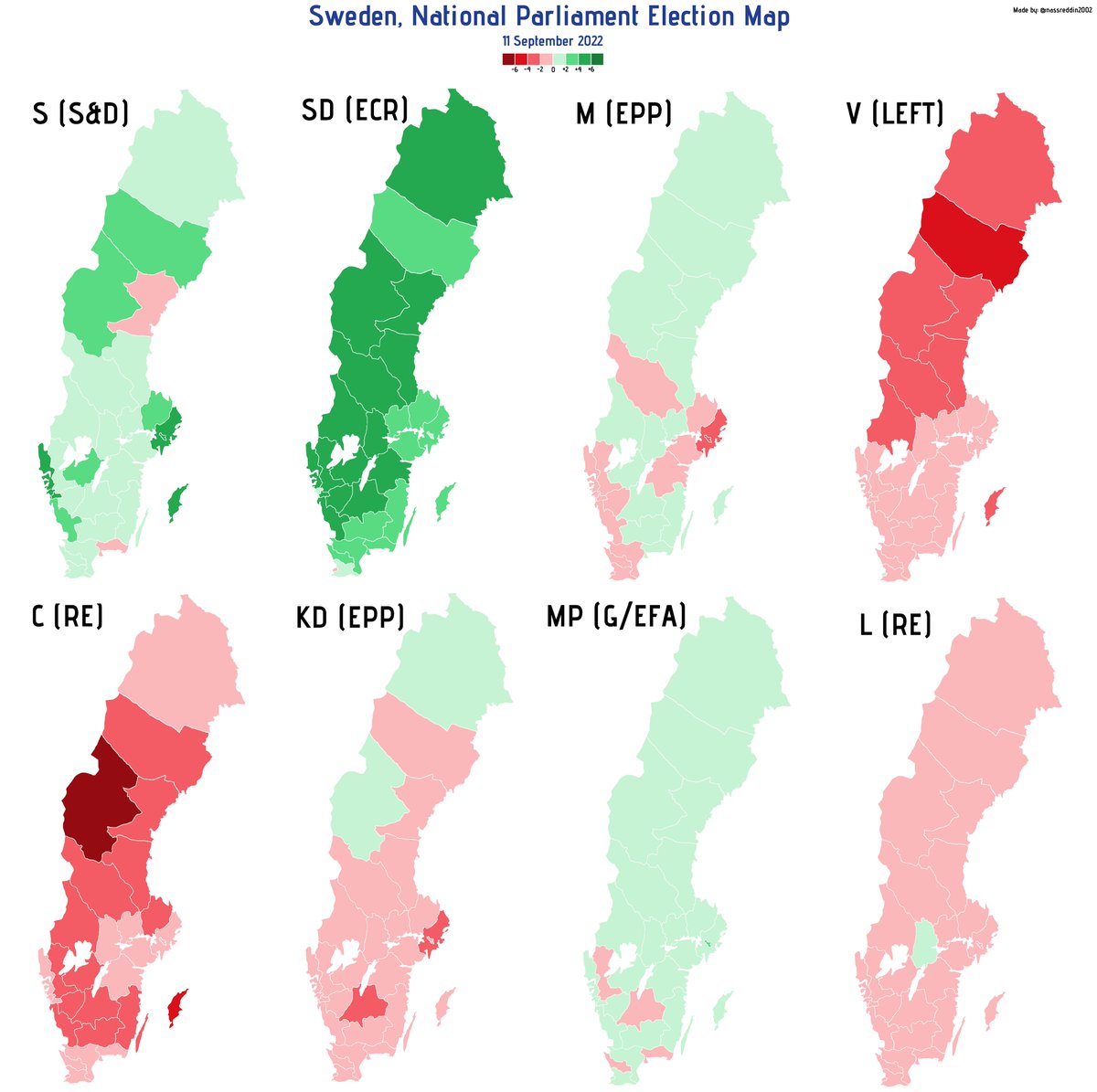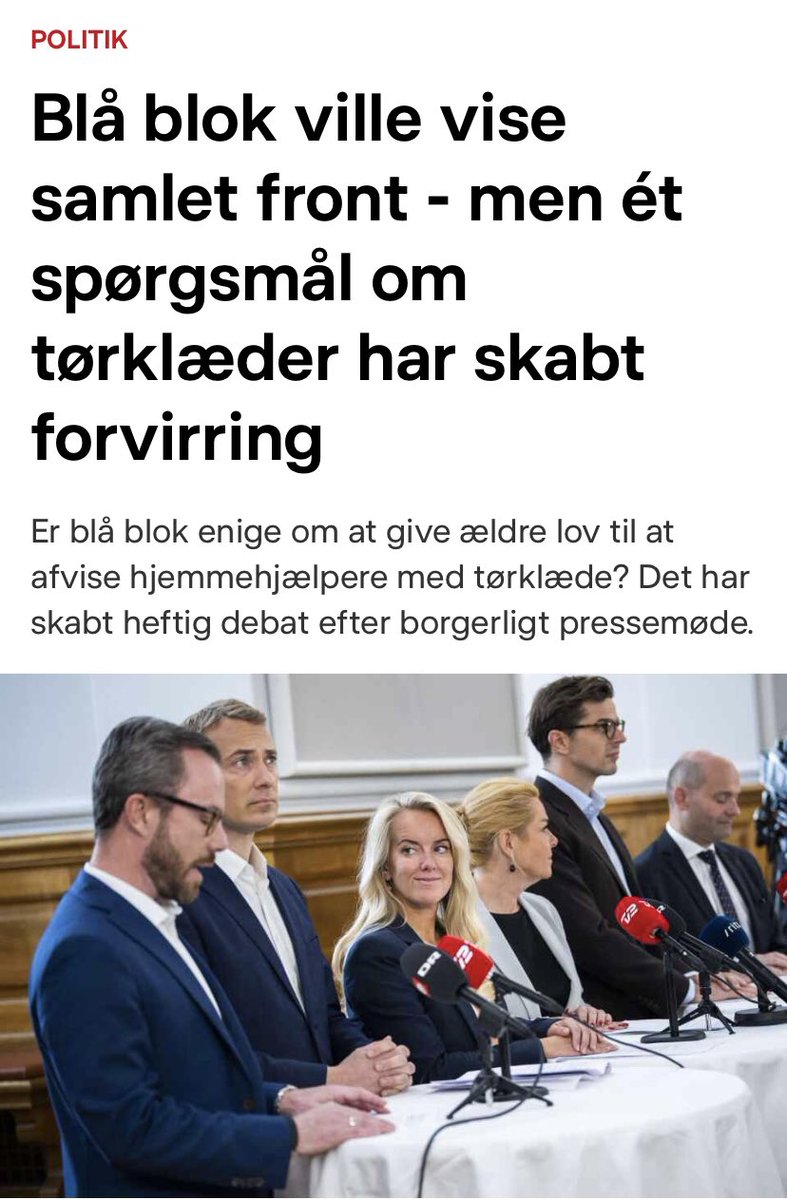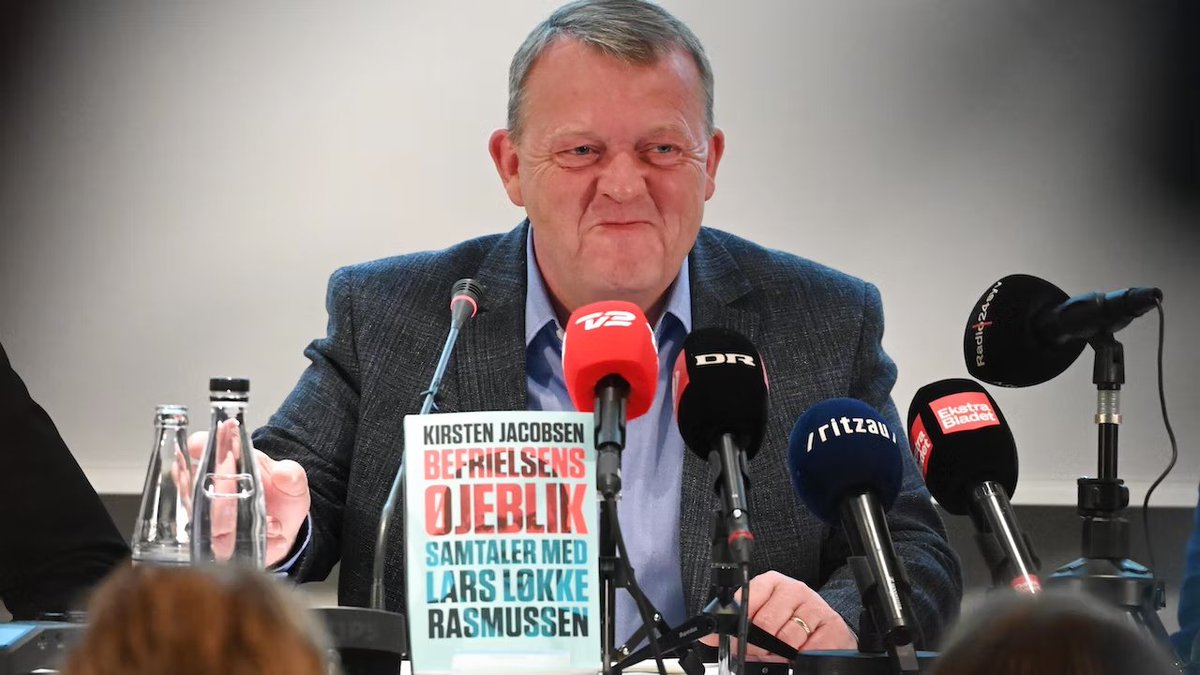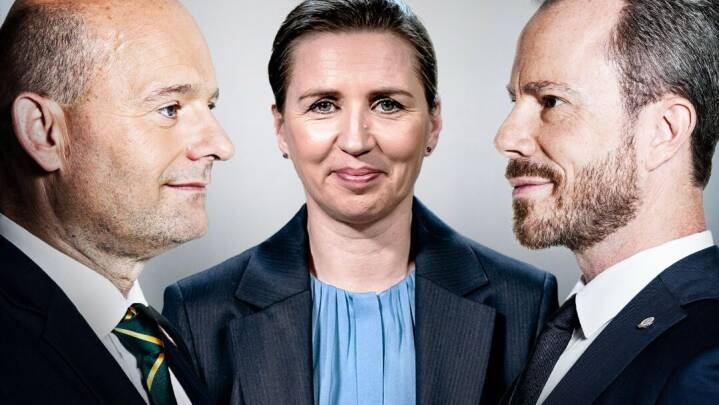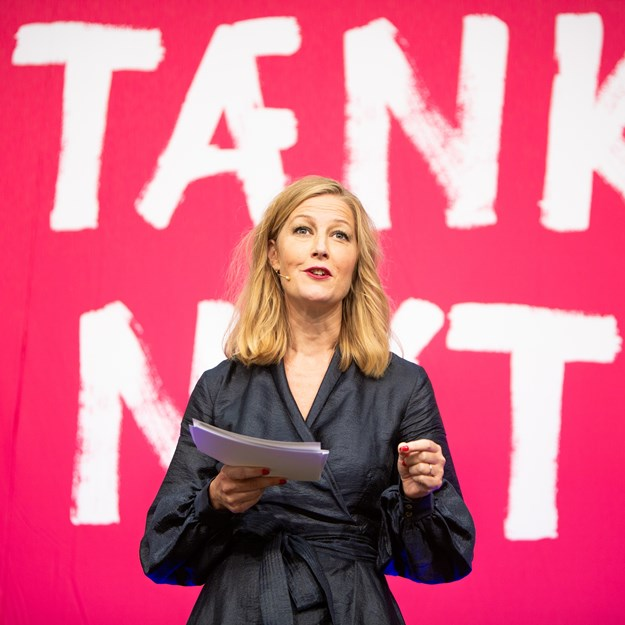
So Sweden gets a new right-wing government: M-KD-L minority with far-right SD support.
The parties call their agreement the “Tidö Agreement” named after the place where they negotiated it.
I dove into the 63-page document. So here’s a thread what the four parties agreed on 🧵
The parties call their agreement the “Tidö Agreement” named after the place where they negotiated it.
I dove into the 63-page document. So here’s a thread what the four parties agreed on 🧵
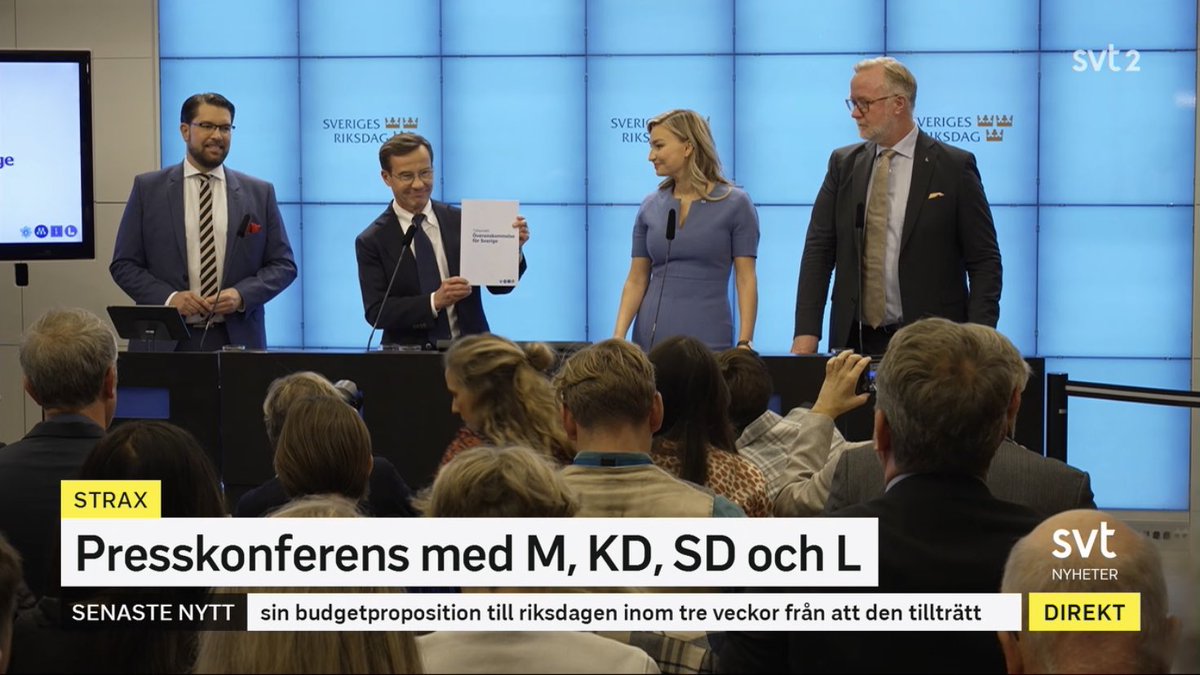
🤝COOPERATION RULES
•SD gets civil servants in all departments supervising the M/KD/L-ministers’ work. Including the Prime Minister.
•All budgets and bills by the government shall be negotiated with SD. (deals between M/KD/L and S/C are basically impossible as S/C rule out SD)
•SD gets civil servants in all departments supervising the M/KD/L-ministers’ work. Including the Prime Minister.
•All budgets and bills by the government shall be negotiated with SD. (deals between M/KD/L and S/C are basically impossible as S/C rule out SD)
🛂IMMIGRATION
•DNA-registration of residency permit seekers
•More directed search to undocumented residents for deportation
•Family reunification only after 2 years of legal residency
•Abolition of permanent asylum
•Cut of UNCHR quota-refugees from 5K to 900 per year
•DNA-registration of residency permit seekers
•More directed search to undocumented residents for deportation
•Family reunification only after 2 years of legal residency
•Abolition of permanent asylum
•Cut of UNCHR quota-refugees from 5K to 900 per year
•Swedish proficiency requirement for citizenship
•Minimum income for family reunification & for labour migration
•Campaigns by state authorities to advocate for immigrants to remigrate voluntarily
•Restrictions on the right to get help from Swedish translators for immigrants
•Minimum income for family reunification & for labour migration
•Campaigns by state authorities to advocate for immigrants to remigrate voluntarily
•Restrictions on the right to get help from Swedish translators for immigrants
👮CRIME
•Police can search without suspicion in high-crime zones
•Anonymous witnessing is allowed
•Doubled penalties for criminal gang members
•Increased punishments for rape
•More street surveillance cameras
•Criminalisation of begging on the street
•More police funding
•Police can search without suspicion in high-crime zones
•Anonymous witnessing is allowed
•Doubled penalties for criminal gang members
•Increased punishments for rape
•More street surveillance cameras
•Criminalisation of begging on the street
•More police funding
🏥HEALTHCARE
•More centralisation away from the regions. Personal care to disabled people is fully centralised.
•Minimum Swedish language proficiency for healthcare workers
•Introduction of the right to have the same family doctor permanently
•Price cap on dental care bills
•More centralisation away from the regions. Personal care to disabled people is fully centralised.
•Minimum Swedish language proficiency for healthcare workers
•Introduction of the right to have the same family doctor permanently
•Price cap on dental care bills
📚EDUCATION
•NEW schools are not allowed to make profit
•More centralisation on education away from municipalities
•More power to school inspectors (especially on religious schools) and teachers
•More class hours shall be spent on Swedish, maths and courses on literature
•NEW schools are not allowed to make profit
•More centralisation on education away from municipalities
•More power to school inspectors (especially on religious schools) and teachers
•More class hours shall be spent on Swedish, maths and courses on literature
💸ECONOMY
•Tax cuts for “middle incomes” and businesses
•Lower fuel tax
•Increased unemployment benefits remain
For the rest not so much concrete, probably will follow more in the upcoming budget that will be presented at the latest in November.
•Tax cuts for “middle incomes” and businesses
•Lower fuel tax
•Increased unemployment benefits remain
For the rest not so much concrete, probably will follow more in the upcoming budget that will be presented at the latest in November.
🌿CLIMATE/ENERGY
•€40 billion for building new nuclear reactors
•Stop on extra subventions for wind power
•Government funded energy price cap by November
•Facilitate green inventions
•Funding for more electric car charger places
•Demands on less private energy consumption
•€40 billion for building new nuclear reactors
•Stop on extra subventions for wind power
•Government funded energy price cap by November
•Facilitate green inventions
•Funding for more electric car charger places
•Demands on less private energy consumption
🌐FOREIGN POLICY
•International aid is cut from 1% to 0.85% of GDP
For the rest nothing basically.
•International aid is cut from 1% to 0.85% of GDP
For the rest nothing basically.
MY TAKE ON THIS:
When the L-leadership switched and opened the door to working with SD, they promised their members certain red lines they would “never” compromise on.
Well, they’ve broken almost all of these red lines. Especially on migration and crime issues.
When the L-leadership switched and opened the door to working with SD, they promised their members certain red lines they would “never” compromise on.
Well, they’ve broken almost all of these red lines. Especially on migration and crime issues.
Strangely enough there’s a lot of spreading and tax cuts. M wanted to finance this by cutting in welfare, but this doesn’t happen. So how will they finance this without running huge deficits (something notorious for the Swedish right)
My eyes will be on Liberalerna. How will members react?
There are MPs inside L who campaigned to be “hawks defending the red lines against SD”. Will they rebel on these individual issues? Only two are needed for a defeat for the government.
There are MPs inside L who campaigned to be “hawks defending the red lines against SD”. Will they rebel on these individual issues? Only two are needed for a defeat for the government.
And also considering all negotiations with anyone must be done together with SD, the little cross-bloc cooperation Swedish politics had is probably dead.
S and C still hold strictly to their wish to isolate SD. So any cooperation between S/C and M/KD/L is basically impossible.
S and C still hold strictly to their wish to isolate SD. So any cooperation between S/C and M/KD/L is basically impossible.
• • •
Missing some Tweet in this thread? You can try to
force a refresh


